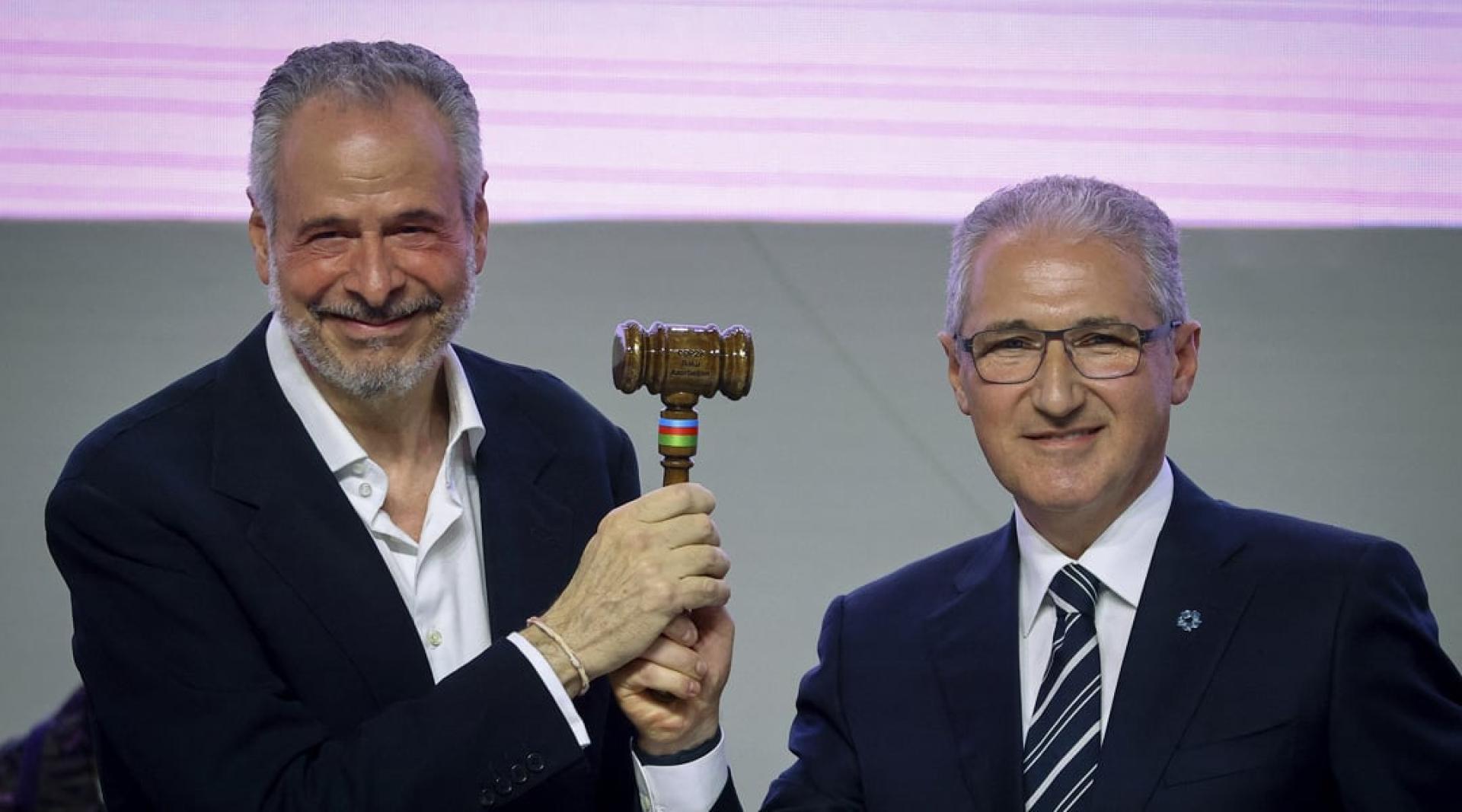The 30th session of the Conference of the Parties (COP30) to the United Nations Framework Convention on Climate Change opened on the 10th in the northern Brazilian city of Belém. This year's conference focuses on several major climate issues, calling on the world to join hands in seeking common solutions to confront the climate crisis, accelerate emission reductions, enhance climate resilience, and promote an inclusive and just transition.
President of the previous conference (COP29), Babayev, announced the opening of the conference and, according to the agenda, announced that senior Brazilian diplomat Durago will serve as COP30 president.
Durago stated that multilateralism is undoubtedly the correct path to address climate change, and he hopes this conference can promote the integration of climate action into economic activities and job creation, making it an event that truly implements actions.
One of the key focuses of this year's conference is the new round of Nationally Determined Contributions (NDCs). According to the Paris Agreement, countries need to submit a new, more ambitious round of NDCs this year. In addition, this conference will work to advance strategic transitions, with participants promoting progress towards climate finance goals, adopting new measures to support countries in adapting to climate change, and accelerating the achievement of a just transition.
Executive Secretary of the United Nations Framework Convention on Climate Change Secretariat, Stiell, pointed out in his opening speech that the journey to addressing the climate crisis is still a long one, and that the world must move forward even faster in both reducing emissions and enhancing resilience.
He also emphasized that all parties must reach consensus on concrete steps to achieve an inclusive and just transition, turning vision into action.
Brazilian President Lula called at the opening ceremony for all countries to honor their climate commitments, accelerate climate action, and promote a people-centered climate agenda.
The organizers previously stated that this conference will mainly focus on three priorities: strengthening multilateralism and climate mechanisms under the United Nations Framework Convention on Climate Change; linking climate mechanisms to people's daily lives and the real economy; and accelerating the implementation of the Paris Agreement.
This year's conference will continue until the 21st, attracting government representatives, international organizations, scientists, entrepreneurs, non-governmental organizations, and civil society representatives from more than 190 countries and regions to attend.
